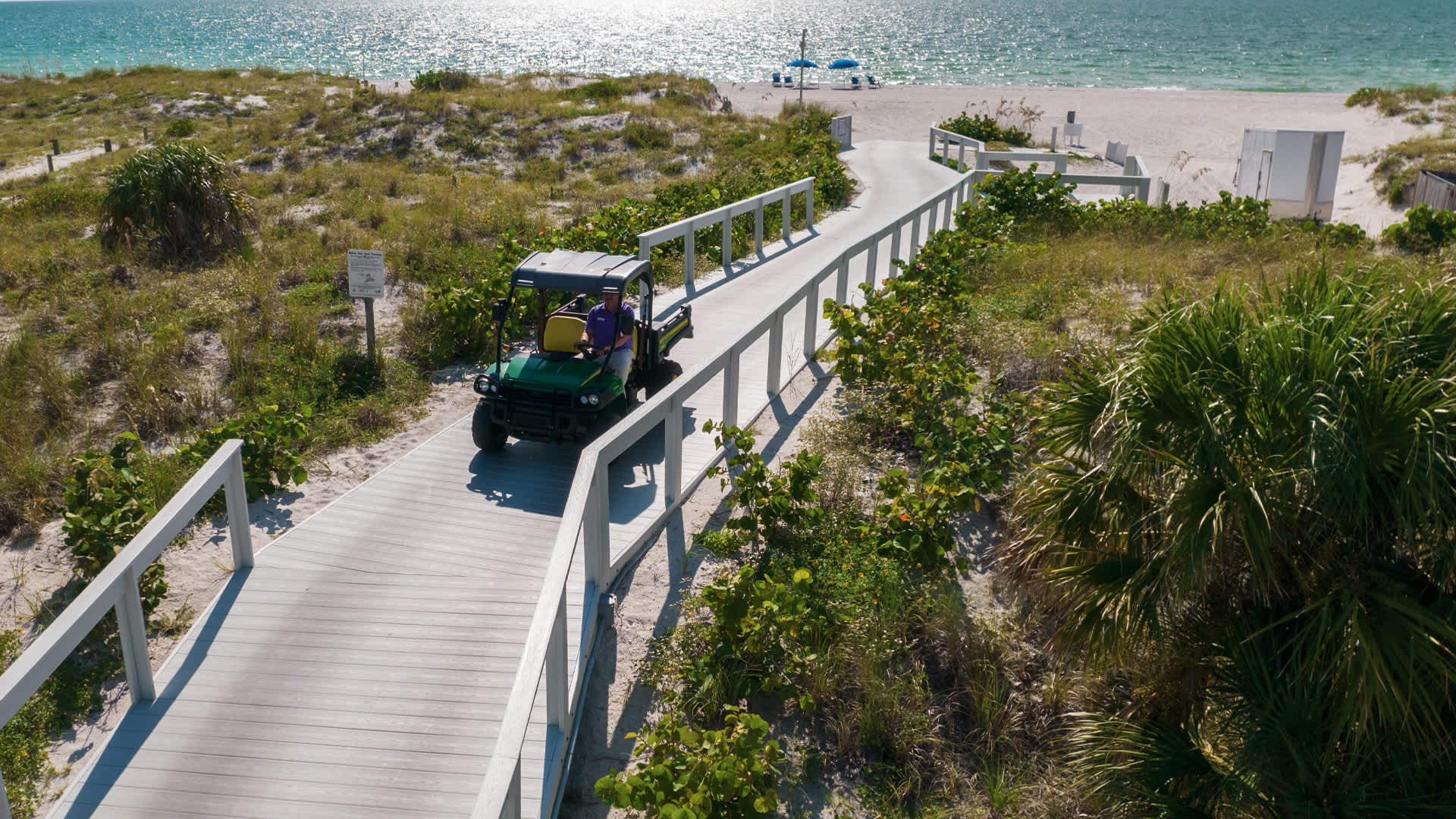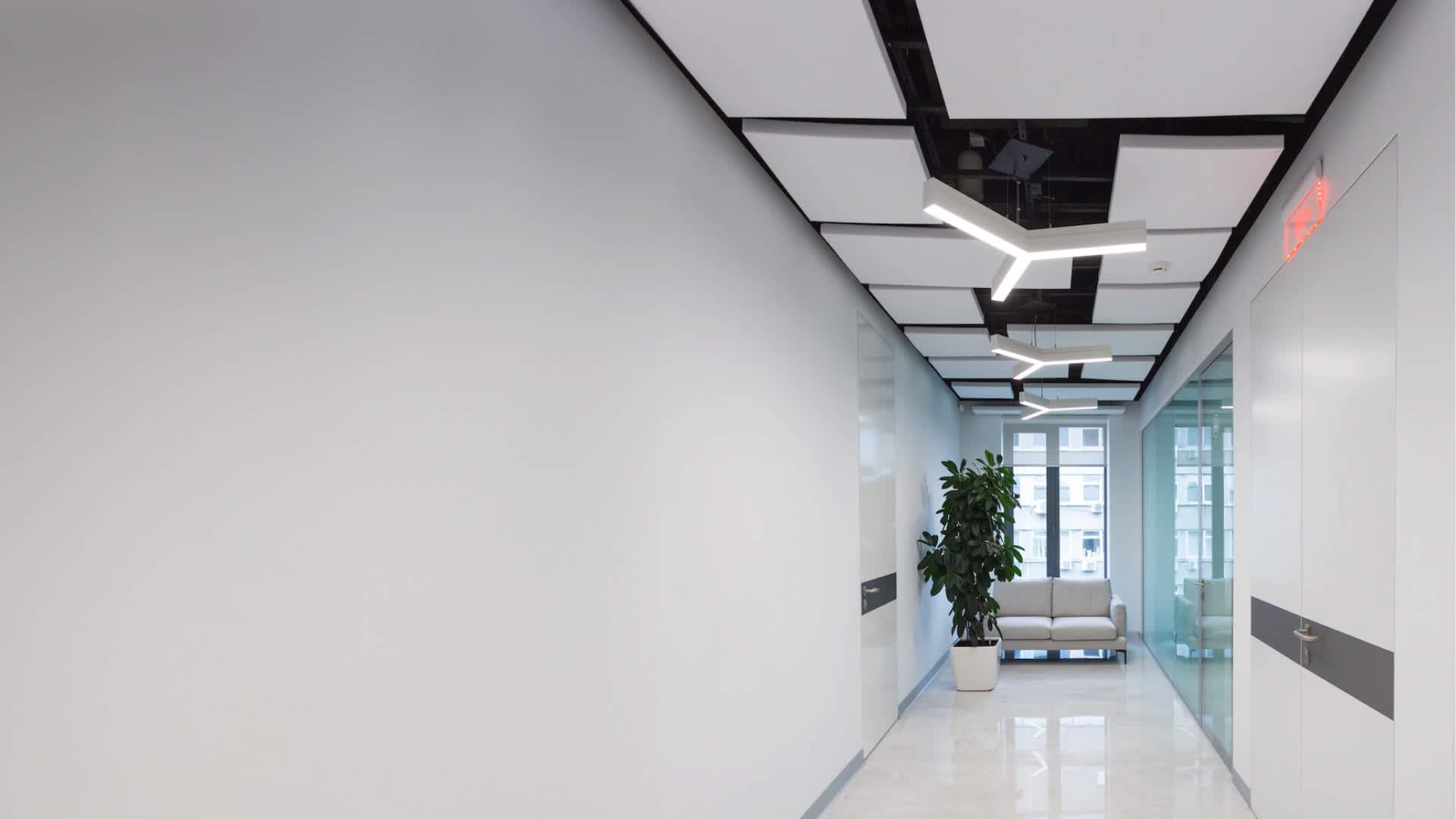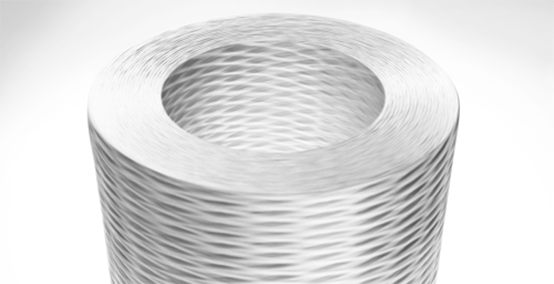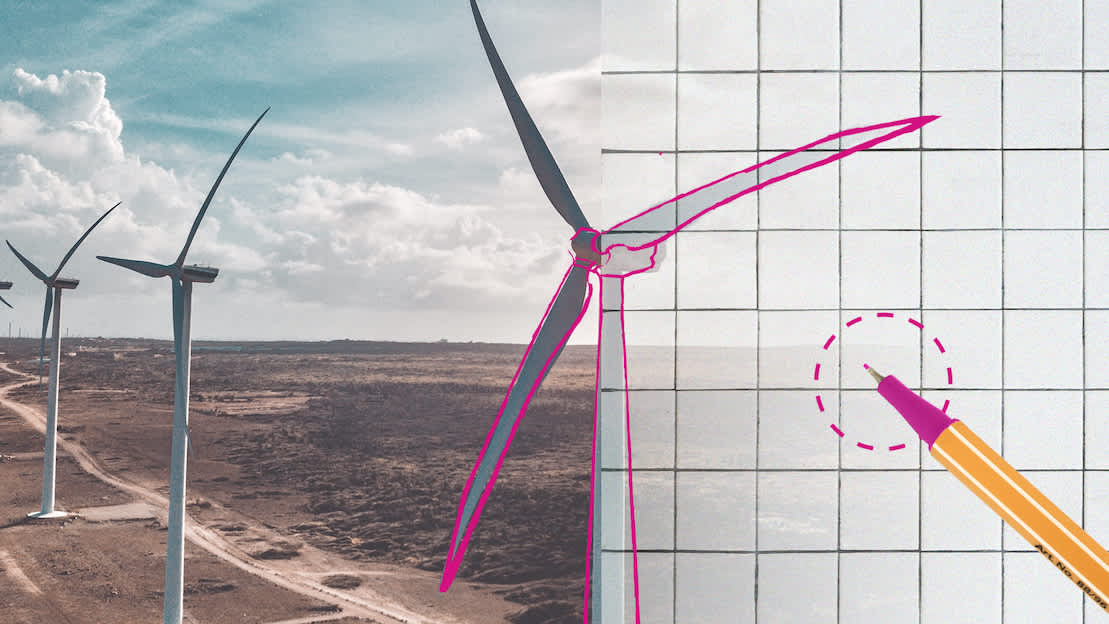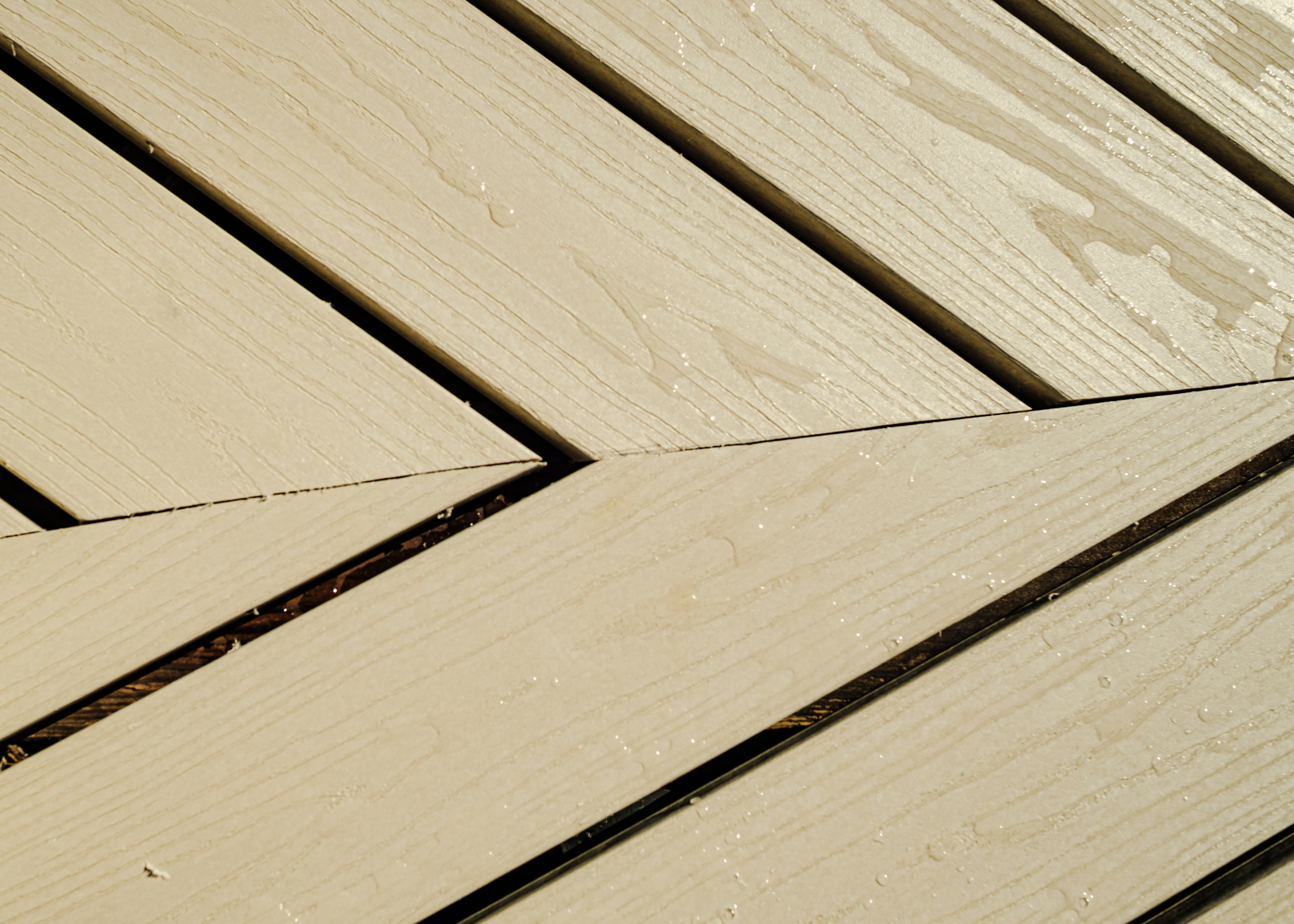
5 Things to Consider When Building a Floating Dock
What Is a Floating Dock?
A floating dock refers to a dock system that rests on the water’s surface. Instead of attaching the dock to pilings driven into the seabed, floats or barrels support the platform. A gangway or ramp connects the dock to the shore.
Stationary Docks vs Floating Docks
Stationary docks, considered permanent structures, sit on columns called pilings. Floating docks, considered semi-permanent structures, float and move with water levels. Both types of docks offer unique benefits.
The Benefits of Floating Docks
The benefits of floating docks include their adaptability to water conditions, boat protection, versatility, quick and affordable installation, and easy expansion. You can customize floating docks over time with ease compared to their stationary counterparts.
5 Factors to Consider When Building a Floating Dock
1. How Will You Use Your Floating Dock?
Floating docks work better for some uses than others. They provide great swimming platforms and easy access to your boat. Floating docks move with the water which can cause problems in busy waterways or rough waters. Consider how and when you will enjoy your dock.
2. How Deep Is the Water?
Floating docks perform best in bodies of water with a reliable minimum depth. They adjust to rising and falling water levels. If water levels drop too low, your floating dock can scratch the ground and experience damage.
3. Should I Build a Floating Dock myself or Hire a Professional?
Most experts recommend that you hire a professional builder unless you have sufficient experience with marine construction. We recommend investing in a trusted professional for a dock built to last.
4. What Building Materials Are Best for Floating Docks?
Floating docks last longer when built with durable, marine-grade materials. Select the most reliable framing and floats along with stainless steel screws and hardware suited for projects frequently exposed to water.
5. What Decking Material Is Best for Floating Docks?
Wood and wood composite decking offers water resistance at best. Synthetic composite decking cannot absorb moisture or support mildew, mold, rot, or insect infestation.
Are you ready to build your floating dock? Experience the Owens Corning difference with OC™ Lumber for decking and structural framing.
Contact us today to talk to an expert, find answers to your installation questions, and order the material for your new dock.
Related Articles
Your OC™ Lumber Experts
Your OC™ Lumber Experts
For immediate assistance, reach out to our experts below:
